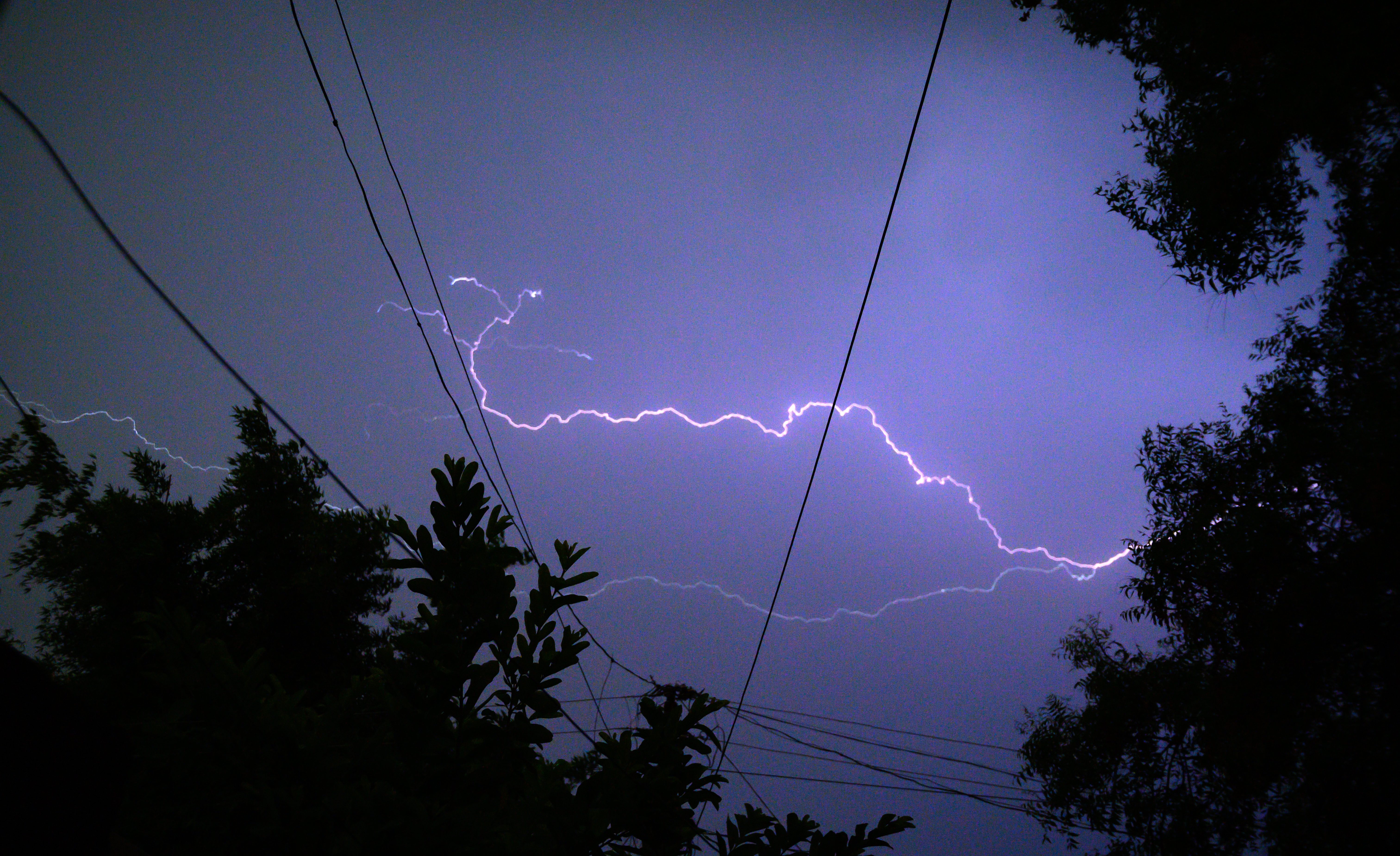Rep. Lou Lang, a top ally of Speaker of the House Mike Madigan, is sponsoring a bill that looks to make those who earn more money pay higher tax rates.
The move would replace the state’s current flat income tax, shifting to a graduated system.
“We don’t have to stay stuck in the past- there is another path forward that puts tax dollars back in the hands of hardworking families and eases the pain caused by recent budget cuts,” Lang said in a statement. “When my bill passes and the governor signs it, ninety-nine percent of taxpayers will get a tax cut, and we can start to restore funds to vital services.”
Lang estimates the measure could result in $1.9 billion annually.
Democrats have previously pushed the idea, arguing that it would shift the tax burden from the middle class to high-income taxpayers.
In order to pass the measure into law, Illinois voters would first have to remove the flat tax by approving an amendment to the Illinois Constitution.
Lang’s bill is coupled with Rep. Christian Mitchell’s Constitutional Amendment resolution that would allow Illinoisans to vote on state tax code reform.
Local
“The Fair Tax, where lower rates would apply to lower incomes and higher rates would apply to higher incomes, is long over due in our state. It is fundamentally unfair that our tax rate is the same no matter if you are a minimum wage worker or a millionaire, “ Mitchell said in a statement. “With a Fair Tax, we can provide tax relief for ninety-nine perfect of taxpayers, and reform our outdated tax code.”
Under the current plan, Illinoisans pay a state income tax rate of 3.75. This number dropped from 5 percent in January of last year when a temporary increase, pushed by the Democrats in 2011, was rolled back.
Lang is now pushing a plan that would see taxpayers paying a variety of rates.
Under his plan, married taxpayers who file joint returns or heads of households would pay 3.5 percent for incomes of $200,000 or lower; 3.75 percent for incomes between $200,000 and $750,000; 8.75 percent for incomes between $750,000 and $1.5 million; and 9.75 percent for incomes over $1.5 million.
Otherwise, all other taxpayers would pay a rate of 3.5 percent for incomes of $100,000 and up; 3.75 percent for incomes between $100,000 and $500,000; 8.75 percent for incomes between $500,000 and $1 million; and 9.75 percent on income above $1 million.
Nevertheless, Rauner’s office rebuffed the plan.
“The majority party’s desire to skyrocket taxes is breathtaking,” Rauner spokeswoman Catherine Kelly said in a statement. “A progressive income tax would be the straw that breaks the Illinois economy’s back- sending our state even further into the economic doldrums.”
“It’s beyond time for Democrats to come to the table and work with the governor to find common ground on real structural reforms that will get our economy moving in the right direction,” Kelly added.
Illinois has been without an official budget since July of last year. As a result, the state’s public colleges and universities and social services have suffered. In addition to this, the state could be on the hook for up to $10 billion in unpaid bills by July.
Democrats last pushed for a graduated income tax in 2014. The measure was halted after Madigan said it did not have the 71 votes needed to pass.



